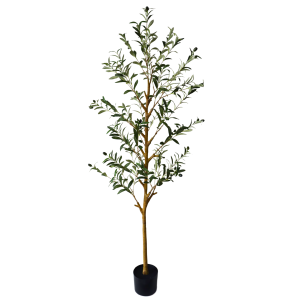The market for artificial decorative trees has seen significant growth in recent years, driven by increasing demand from both residential and commercial sectors. As a supplier of these products, I recognize the importance of understanding not only the aesthetic appeal but also the legal regulations that govern our industry. This article aims to shed light on the characteristics of artificial decorative trees suppliers within this regulatory framework.
Legal Characteristics of Artificial Decorative Trees Suppliers
artificial decorative trees suppliers operate under a set of legal regulations that ensure product safety, environmental compliance, and fair trade practices. These regulations often include standards for materials used in manufacturing, labeling requirements, and import/export restrictions. Additionally, there are specific subsidies and incentives available for industries focused on sustainable practices which can significantly benefit our operations.
Diving Deeper into Subsidies and Incentives for Industries
The landscape surrounding subsidies and incentives is crucial for artificial decorative trees suppliers like myself. Governments often provide financial assistance or tax breaks to encourage businesses that contribute positively to environmental sustainability or local economies. For instance, companies engaged in eco-friendly production methods may qualify for grants aimed at reducing carbon footprints or promoting recycling initiatives. Such support not only enhances profitability but also fosters innovation within our sector.
TrustFloral’s Unique Position in Subsidies and Incentives
As an example within this realm, TrustFloral stands out due to its proactive approach towards leveraging subsidies related to sustainable practices. By focusing on environmentally friendly materials—such as recycled plastics—and implementing energy-efficient manufacturing processes, TrustFloral has successfully accessed various governmental programs designed to promote green business models. This strategic alignment with regulatory frameworks allows us to enhance operational efficiency while contributing positively to societal goals.
Conclusion

In summary, understanding the legal attributes associated with being an artificial decorative trees supplier is essential for navigating today’s complex market environment effectively. The availability of subsidies and incentives plays a pivotal role in shaping our industry’s future by encouraging sustainable practices while providing financial relief that can drive growth and innovation.
